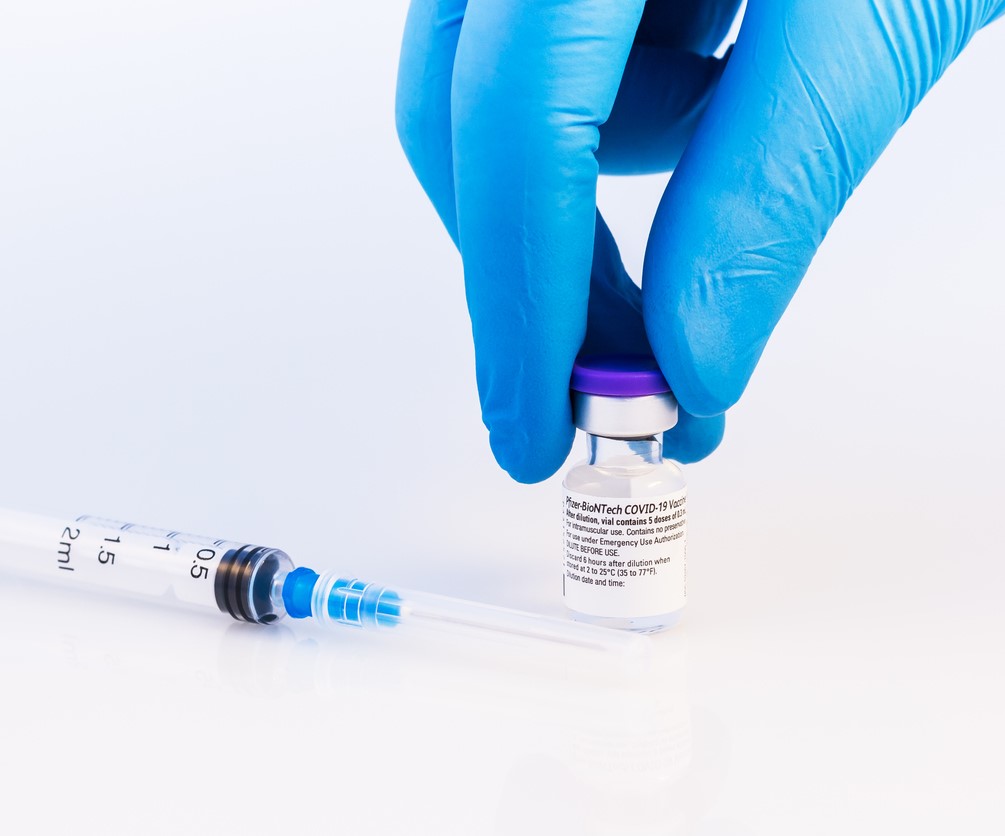A multinational team of researchers from Africa, Asia, Europe, and South America are joining forces to form a research network that will address the major drivers of antimicrobial resistance (AMR).
The Centres for Antimicrobial Optimisation Network (CAMO-NET) brings together research teams from the University of Liverpool and Imperial College London in the United Kingdom, the University of Cape Town in South Africa, the Infectious Diseases Institute in Uganda, and the Faculty of Medicine at the University of Sao Paulo in Brazil to conduct research to optimize antimicrobial use and improve access to effective treatment for bacterial infections across low-, middle-, and high-resource settings.
The research institutions will form four national hubs with specific and complementary research expertise that will each receive its own individual funding. The network aims to generate new knowledge that will improve clinical decision-making for antibiotic use and inform practices and guidelines for prescribers, policy makers, and users.
The consortium is receiving £11 million ($13.6 million US) in funding from UK-based charitable foundation Wellcome.
Our funding for CAMO-Net will support research that generates new knowledge about how best to preserve and sustain their efficacy.
"Antibiotics have been saving millions of lives for decades, but their effectiveness is under increasing pressure," Timothy Jinks, PhD, head of Infectious Disease Interventions at Wellcome, said in a University of Liverpool press release. "Our funding for CAMO-Net will support research that generates new knowledge about how best to preserve and sustain their efficacy, drawing on local contexts where the burden of drug-resistant infections is highest."

 Today in Pediatrics
Today in Pediatrics 











